Blog Post Aug, 12, 2024
“Clothes Maketh the Man”—15th Century Proverb
Greek Idiom “The Man is His Clothing.”
Does the dress make the woman, or does the suit make the man? Can what we wear affect our thoughts and moods, and therefore influence our behavior? The psychology of “dressing to impress” or “dressing the part” known better as “enclothed cognition” (Adam &Galinsky, 2012) suggests that what we wear does affect psychological processes like our thoughts, feelings, and behavior, especially if the clothing worn caters to the best personal fit and if it holds personal meaning.
What you wear is more than a first impression of the right color and style, and it’s more than just a statement about one’s appearance, it taps into our self-perception that is sewn tightly with self-concept and self-esteem. How we perceive ourselves physically, mentally, and socially is stitched with our attitudes and judgments about our characteristics which are fashioned with our beliefs about life’s success, beauty standards, and acceptable societal behavior.
Clothing Can Aid Competent Feelings
Clothes tailored to make individuals feel good about themselves can boost confidence and self-esteem. Looking good can make individuals feel good, in turn, feeling good can make individuals actually radiate more and look good. This creates a positive feedback loop where each aspect reinforces the other, thus enhancing self-perception. When people dress in a way perceived as professional or attractive, they often feel more self-assured and competent. Having competence, or the ability to perform responsibilities confidently, can significantly impact mental health in several positive ways:
- Self-Efficacy: Competence contributes to a sense of self-efficacy, the belief in one's ability to succeed in life, and this can be a powerful strategy for promoting overall well-being. Higher self-efficacy is associated with increased motivation and persistence. When individuals complete tasks successfully or achieve desired goals, dopamine levels rise providing a sense of reward and satisfaction which positively influences thoughts and behaviors of contentment.
Self-Esteem: When individuals feel competent, they are likely to have a higher sense of self-esteem, which is crucial for overall mental health. A positive self-regard can lead to a more optimistic and empowered outlook on life, which also encourages social engagement, thus adding to one's happiness and one's ability to manage their environment. Looking good often results in positive social feedback, such as compliments and admiration from others. Positive social interactions and recognition of competence can boost oxytocin levels, enhancing feelings of connectedness and security, and reducing social anxiety through developing bonds of trust. This positive reinforcement can stimulate the release of serotonin and endorphins, leading to improved mood and reduced stress.
Dressing comfortably can help reduce stress because dressing well can serve as a mood booster, similar to smiling. When you look good, you often feel good, which can enhance overall mood and reduce feelings of anxiety and depression.
Knowing that you look good can ease social anxiety and improve interactions with others. This can then influence how others perceive and interact with us, which in turn affects our social experiences. Positive social feedback from others can enhance our self-esteem and overall mood.
Mood: A mood is a relatively prolonged emotional state that can influence an individual's perception, thoughts, and behaviors. Unlike emotions, which are typically responses to specific events or stimuli, moods are more generalized and can last for an extended period without a clear cause. Mood Examples:
- Positive Moods: Happiness, contentment, and relaxation.
- Negative Moods: Sadness, irritability, and anxiety.
Moods are an integral part of human experience and can significantly impact one's mental and physical health, relationships, and overall well-being. Understanding that we can improve our moods through items such as what we wear is valuable.
Competent Mental Health Implications
Reduced Anxiety and Stress
- Control and Predictability: Competence provides individuals with a sense of control over their environment and life circumstances. This sense of control can reduce feelings of helplessness and anxiety.
- Effective Problem-Solving: Being competent means having the skills and knowledge to solve problems effectively. This reduces stress as individuals feel more capable of handling challenges.
Enhanced Resilience
- Coping Mechanisms: Competent individuals are better equipped with coping strategies and skills to manage stress and bounce back from adversity, which enhances resilience.
- Adaptability: Competence fosters adaptability, allowing individuals to navigate changes and uncertainties more effectively, thereby maintaining mental well-being.
Positive Social Interactions
- Improved Relationships: Competence can lead to better social interactions and relationships. Competent individuals are often seen as reliable and capable, which can enhance social support and reduce feelings of isolation.
- Respect and Validation: Feeling competent often leads to receiving respect and validation from others, which can bolster self-esteem and overall mental health.
Achievement and Fulfillment
- Goal Achievement: Competence enables individuals to achieve their goals and aspirations, leading to a sense of accomplishment and fulfillment.
- Life Satisfaction: Achieving personal and professional goals through competence can significantly enhance overall life satisfaction and happiness.
Motivation and Engagement
- Intrinsic Motivation: Competence enhances intrinsic motivation. Individuals are more likely to engage in activities if they feel capable. This engagement can lead to flow states, where individuals are fully immersed and energized by their activities.
- Continuous Learning: A sense of competence encourages continuous learning and personal growth, which can contribute to long-term mental well-being and overall health.
Reduced Risk of Mental Health Issues
- Depression and Anxiety: Higher levels of competence are associated with lower levels of depression and anxiety. Competent individuals are more likely to feel empowered and less likely to experience feelings of inadequacy or low self-worth.
- Positive Mental Health: Competency contributes to positive mental health by fostering a sense of mastery, control, and fulfillment in life.
Having competence significantly enhances mental health. Developing and maintaining competence in various life domains can be stimulated by investing in appearance, which can translate into more reasons why wearing clothing that makes one feel good is extremely beneficial.
Physiological Effects of Looking Good
- Hormonal Balance: Feeling good often involves the release of hormones like endorphins, serotonin, and dopamine, which can positively affect physical appearance.
- Health and Wellness: Positive emotions are linked to better overall health, which can enhance physical appearance. A good mood can lead to better health choices, all of which contribute to looking good.
In summary, feeling good and looking good are closely connected through a variety of psychological, social, and physiological mechanisms. Each can positively influence the other, creating a cycle of enhanced self-perception and increased life satisfaction. Feeling Good on the inside while looking on the outside does hold unlimited dividends!
This is why Paz has partnered with Kater Shop in providing personalized service that can bring peace of mind and a big dose of competence. Want more information about deals offered from the Kater Shop click here.

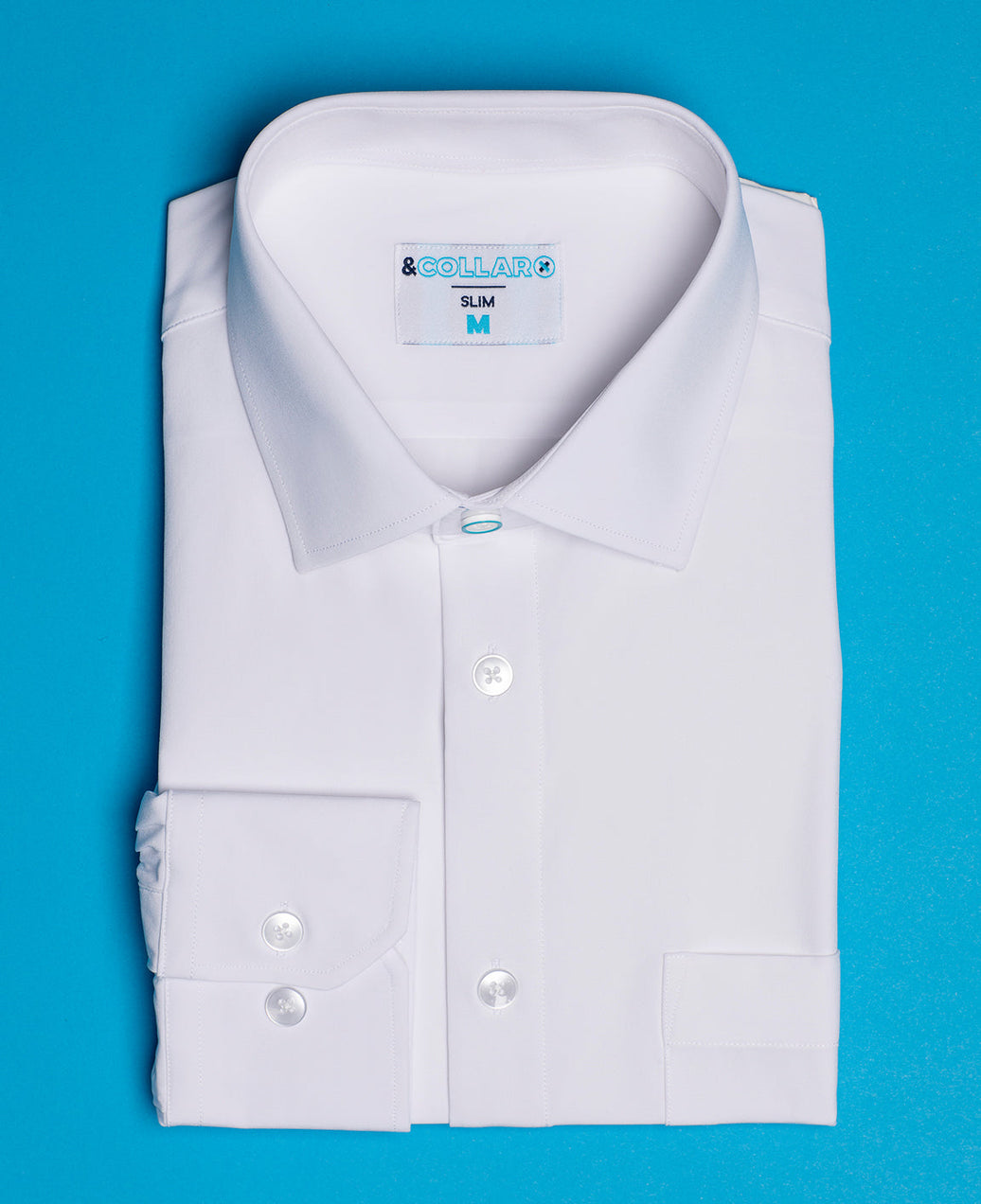

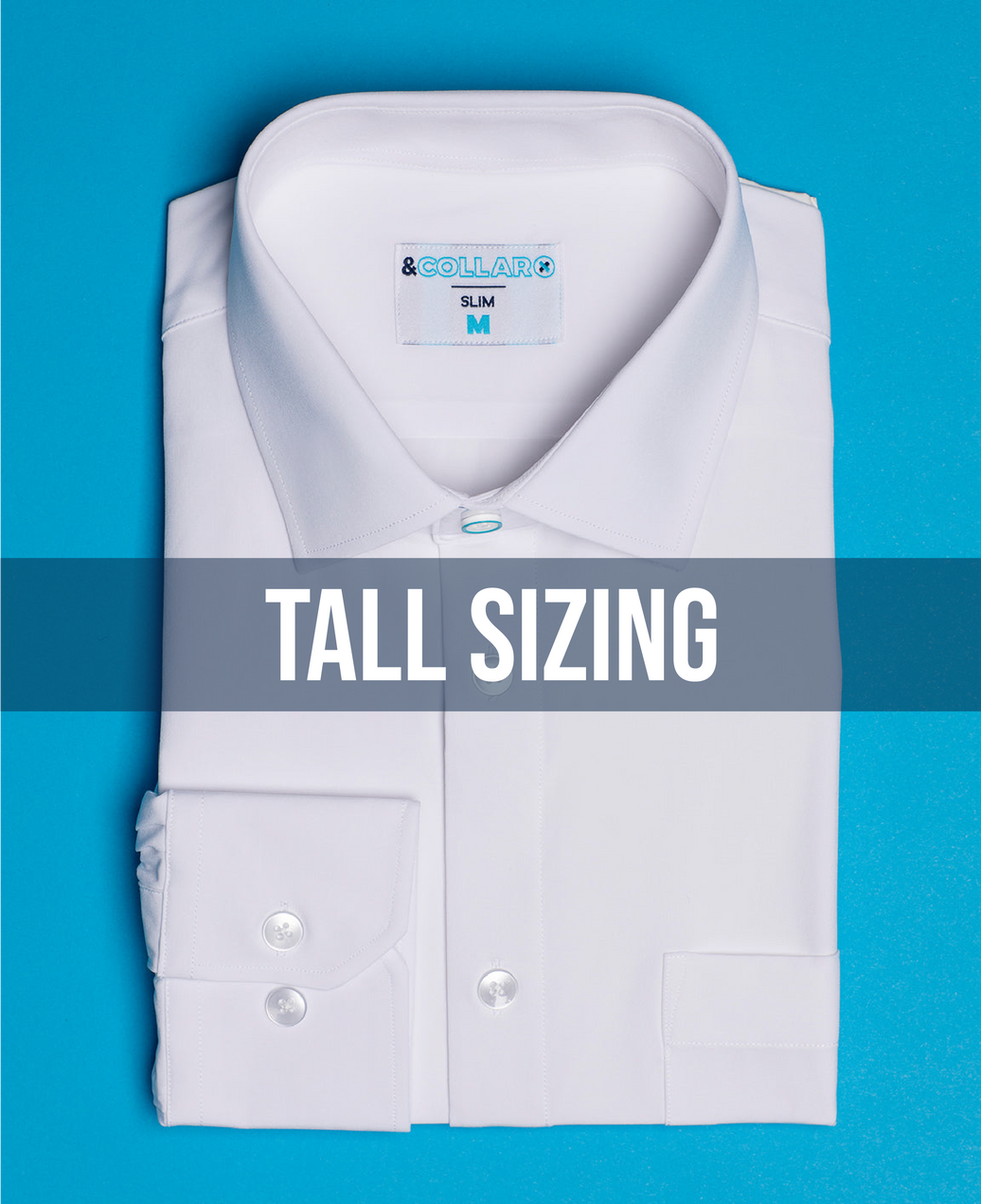
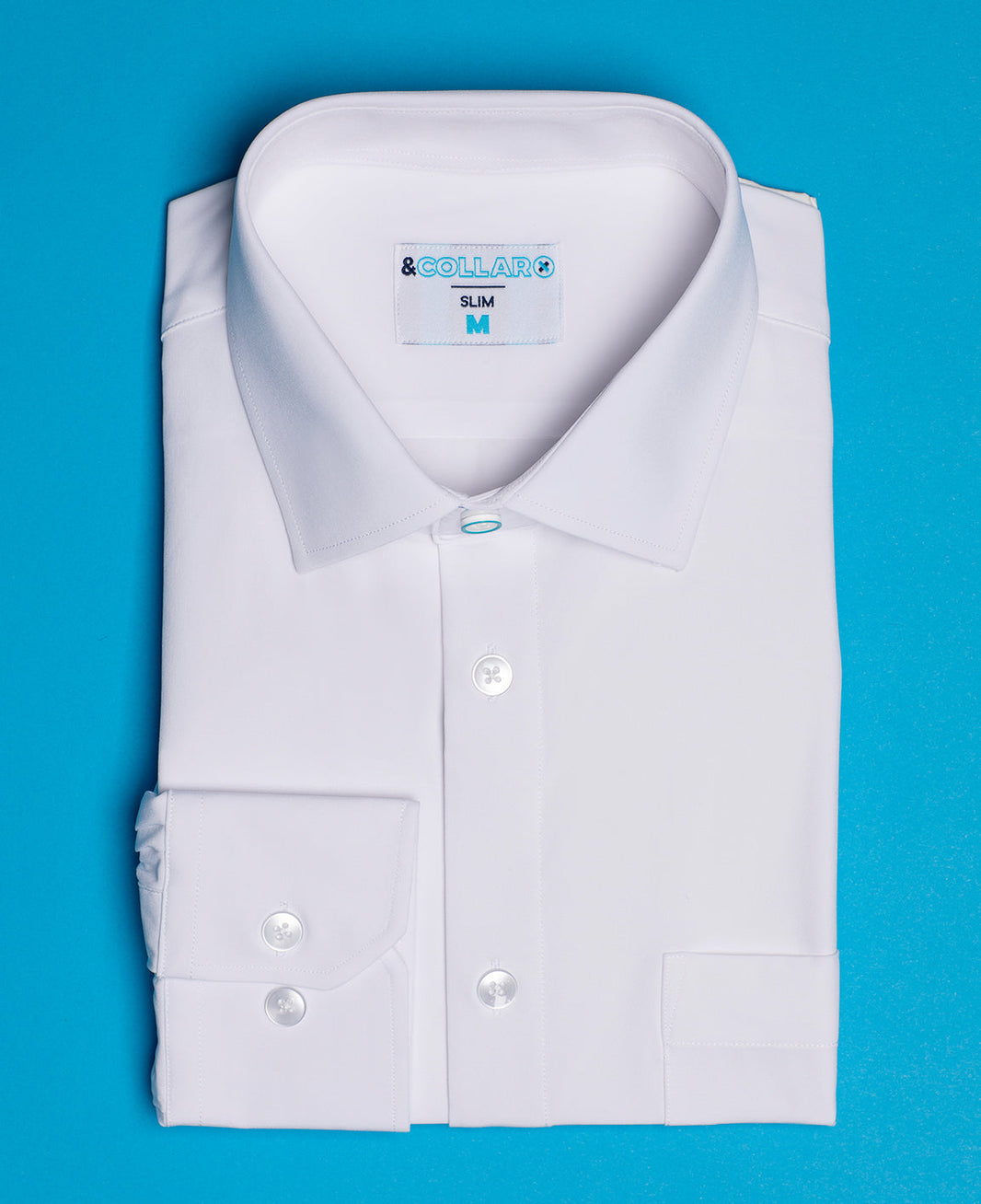
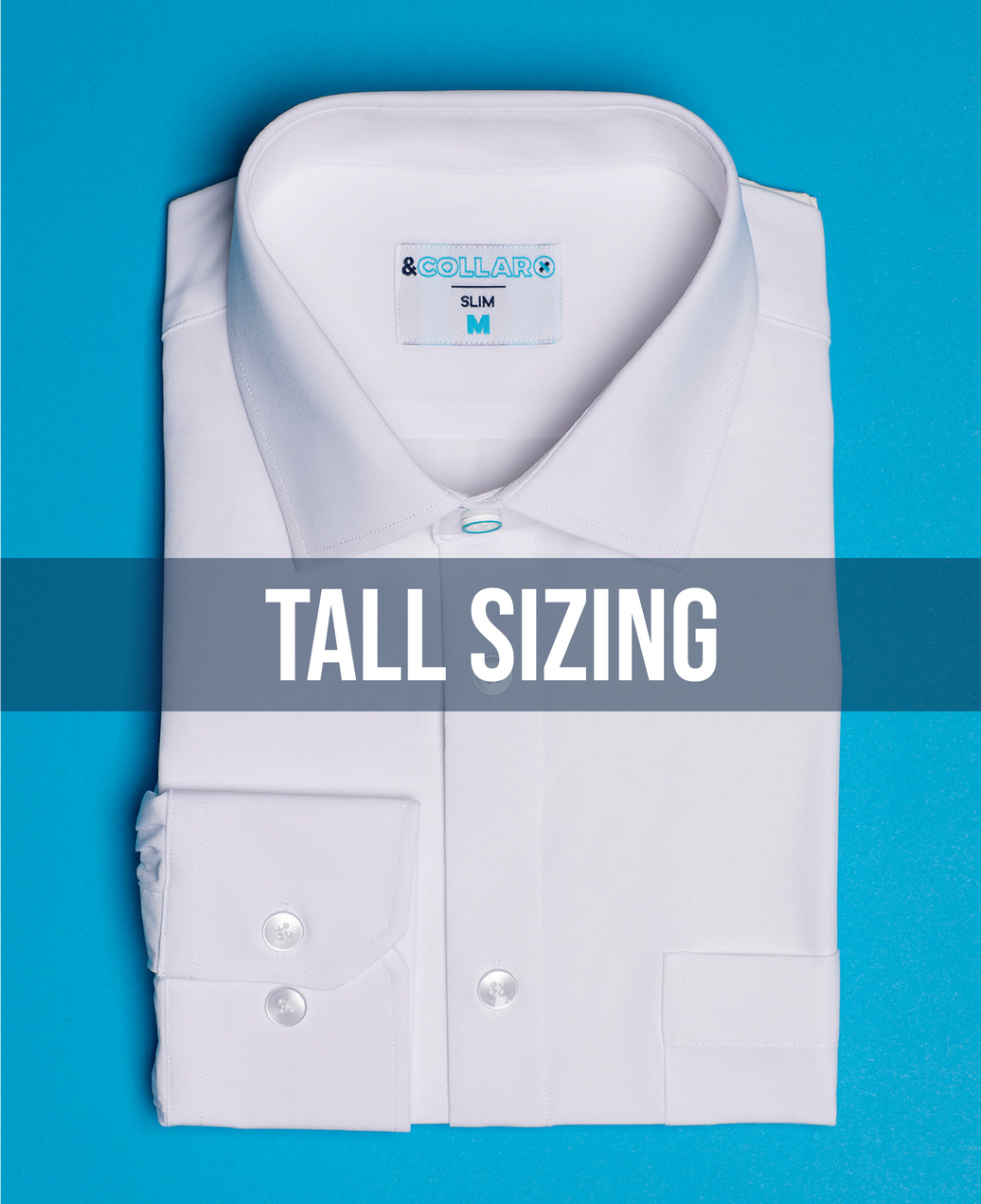
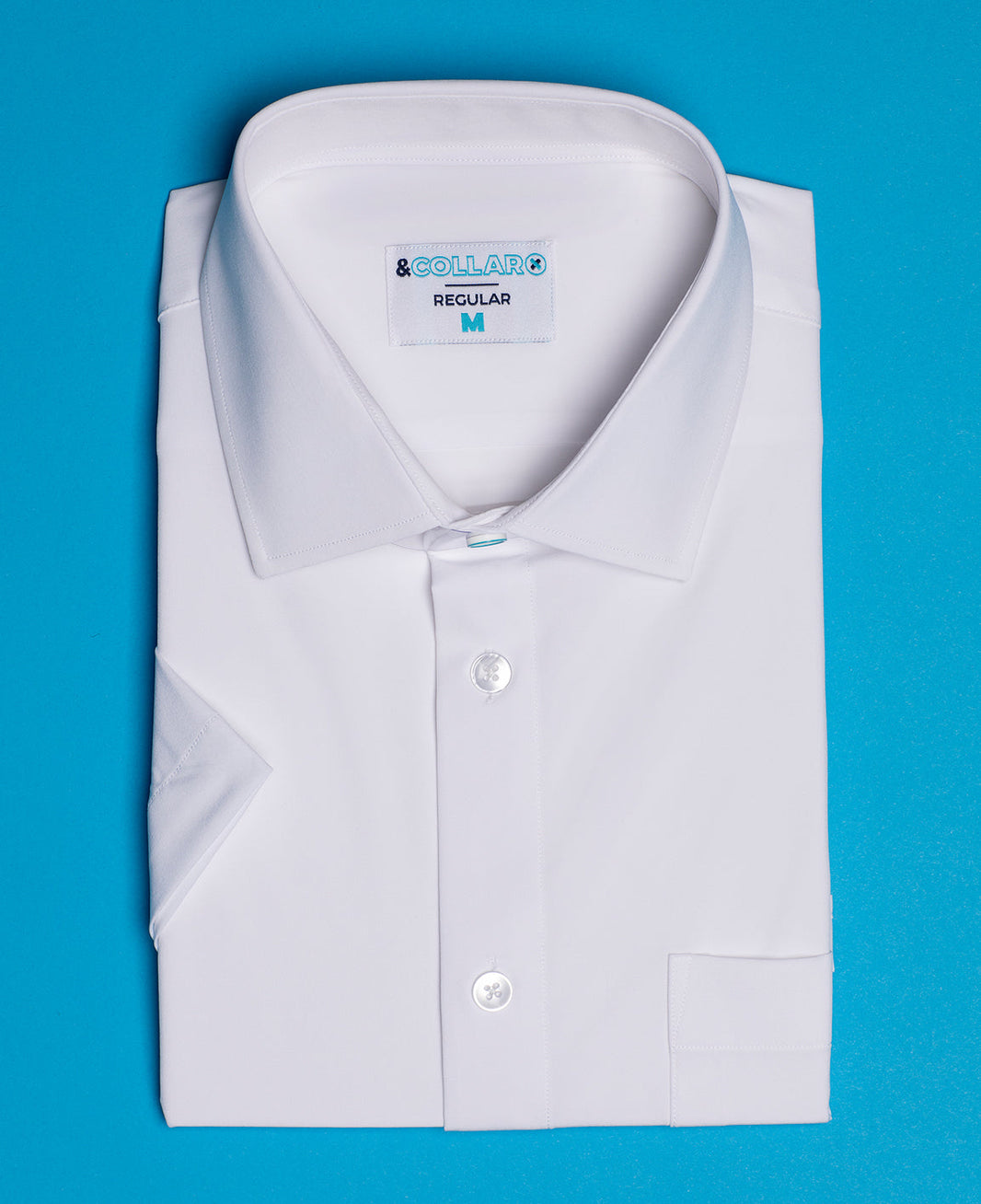
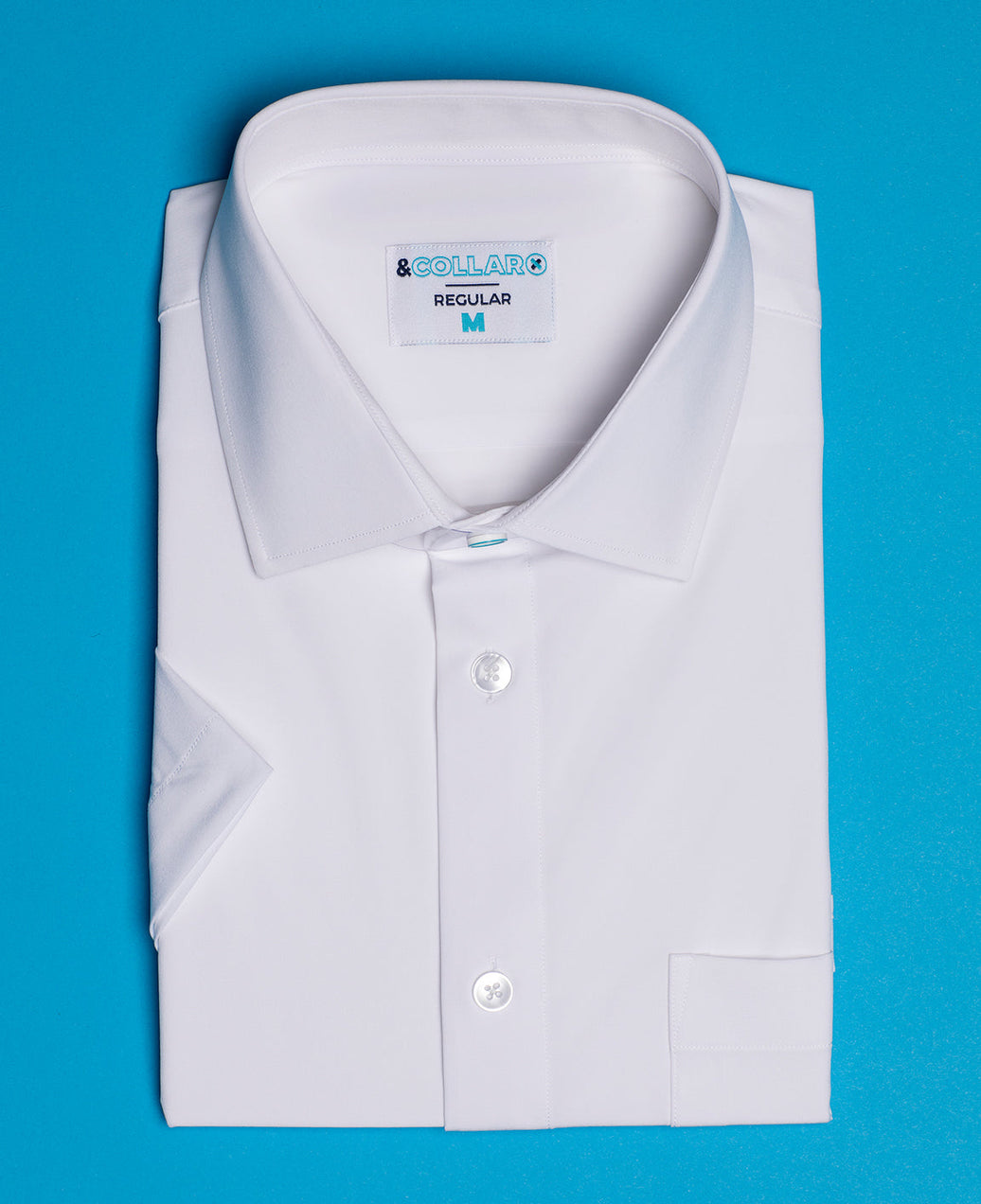













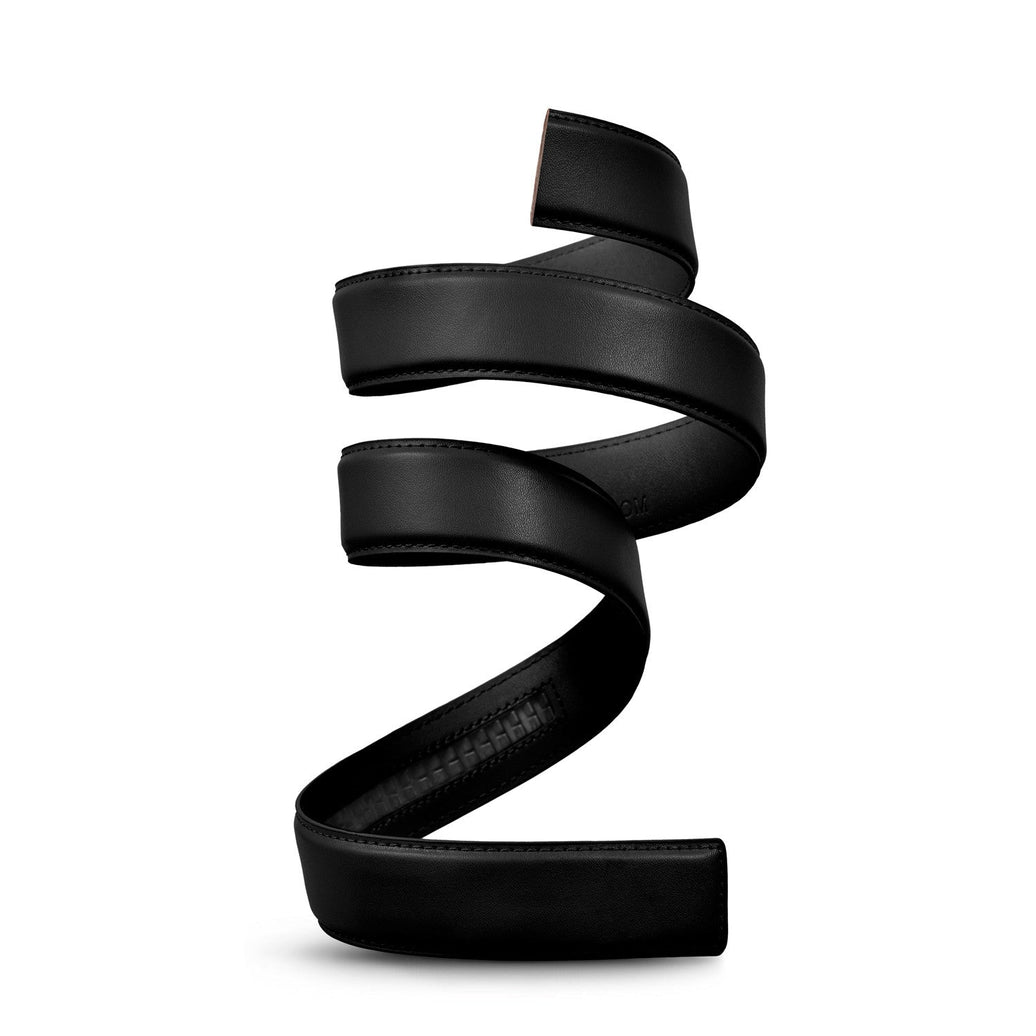

Leave a comment